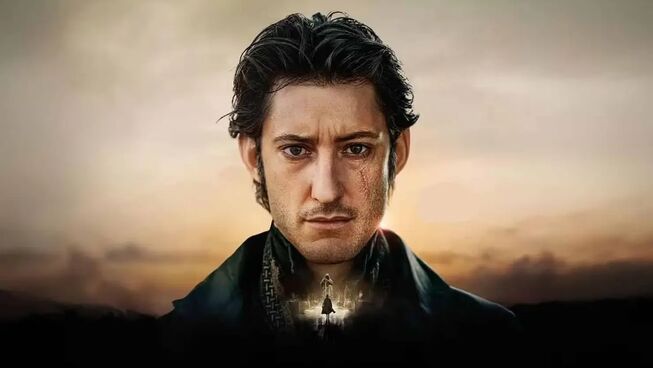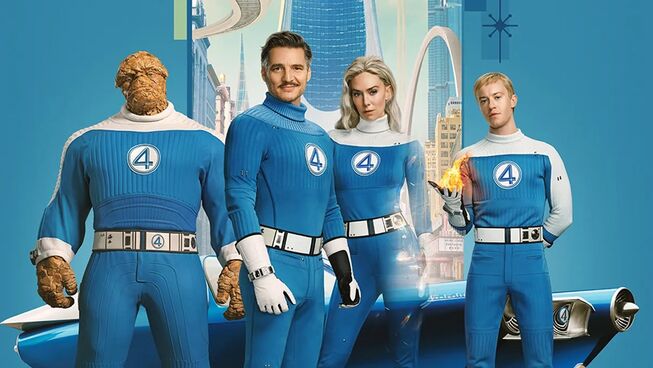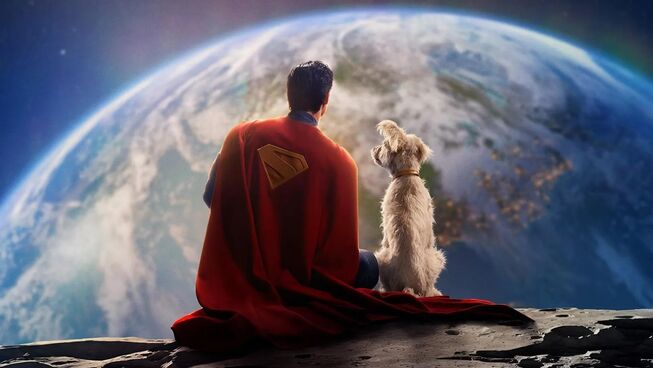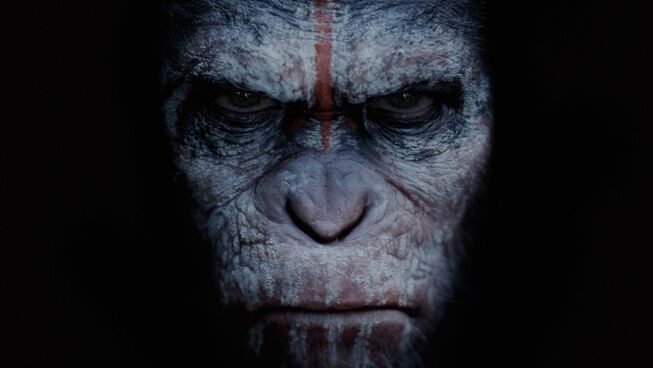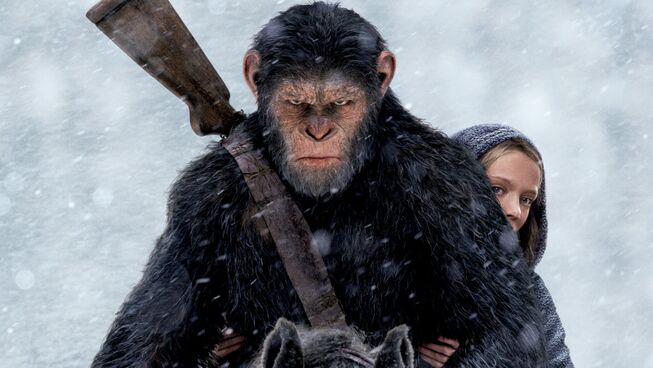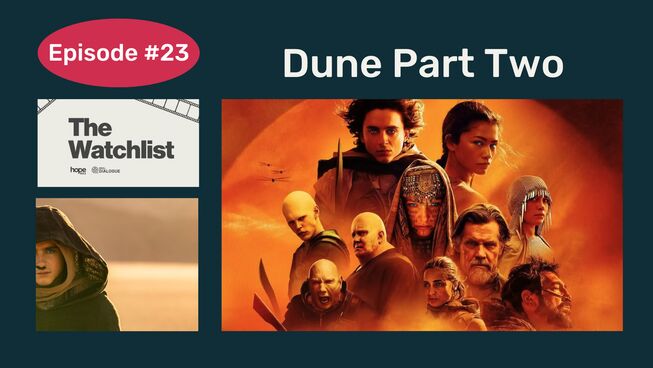Kingdom of the Planet of the Apes
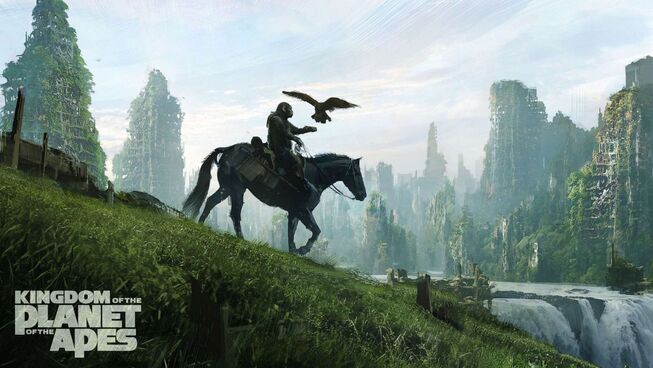
⭐️ ⭐️ ⭐️ ⭐️ (out of 5)
For over five decades, audiences have been fascinated by the premise introduced by Pierre Boulle in his novel Planet of the Apes, which reverses the relationship between man and primate. In 1968, Charlton Heston brought this futuristic idea of the world being run by apes and humanity being relegated to a hunted herd species. Yet, over the years, this concept has taken on different alliterations, eventually introducing the saviour figure, Caesar.
Jumping ahead 300 years since the recent series ended, the world of apes has developed into various clans since Caesar led to their domination over humanity. Noa (Owen Teague) is a chimpanzee who lives amongst the eagle clan and trains the birds to assist their kind in hunting and protection. All goes on in their idyllic atmosphere until a young human girl named Mae (Freya Allan) crosses paths with the inventive chimp. Curiosity turns to necessity as Noa’s family is kidnapped by a horde sent by the ape king Proximus Caesar (Kevin Durand). The pair must work with the wise orangutan, Raka (Peter Macon), to save his clan and help Mae find her people. As they venture outside of their familiar surroundings, each learns more about the vicious world that has developed around them and must decide how they will help remedy the evil striving to take over the world.
Scepticism is all pervasive whenever a franchise looks to reboot a successful series. Especially when the writer/director comes from another set of films based on a famous book series. Wes Ball (Maze Runner) has been working on this project for years. Any doubt about his abilities to resuscitate this beloved franchise was pushed aside early in this film. Since the storyline is set centuries from the War for the Planet of the Apes, Ball, along with Josh Friedman (War of the Worlds) have crafted an excellent new chapter to this familiar storyline that will have fans yearning for more. They benefit from exceptional visual effects that make this story believable and provide chargers that look as real as their human counterparts.
As the screenplay unfolds, the biblical references become uncanny and show how relevant these elements are in the present and the future. References such as Noa and Caesar are on the nose for supporting these connections with historical narratives, but the forgotten message of the past and the perversion of ancient text hold to whispers of familiar aspects that will appeal to students of history and religion. Yet, these components do not weigh down the story, but accentuate the masterfully crafted quest that adds enough layers to satisfy this stage in the franchise while setting things up for a new storyline that must be explored. The quality of storytelling stands out since it does not rely on star power to get people to engage with the story since the only star of note, William H. Macy, comes in as a cameo at best.
Kingdom of the Planet of the Apes is a delightful surprise, offering a fresh take on the franchise. It has the potential to become one of the season's biggest hits. Fans of the series will undoubtedly be satisfied with this new instalment, while newcomers to the Planet of the Apes universe will be drawn in by this film and eager to explore the previous chapters.
Reel Dialogue: Looking to historical text to find the truth
One element of the storyline in Kingdom is how people have lost the message of the past and distorted it for their own gain. Interestingly, this is not too hard to do in the modern realities of our world, especially in the words of the film’s saviour figure, Caesar.
The biographies of Jesus were written thousands of years ago, and many people have interpreted and misinterpreted these texts. So, how can we know the truth?


